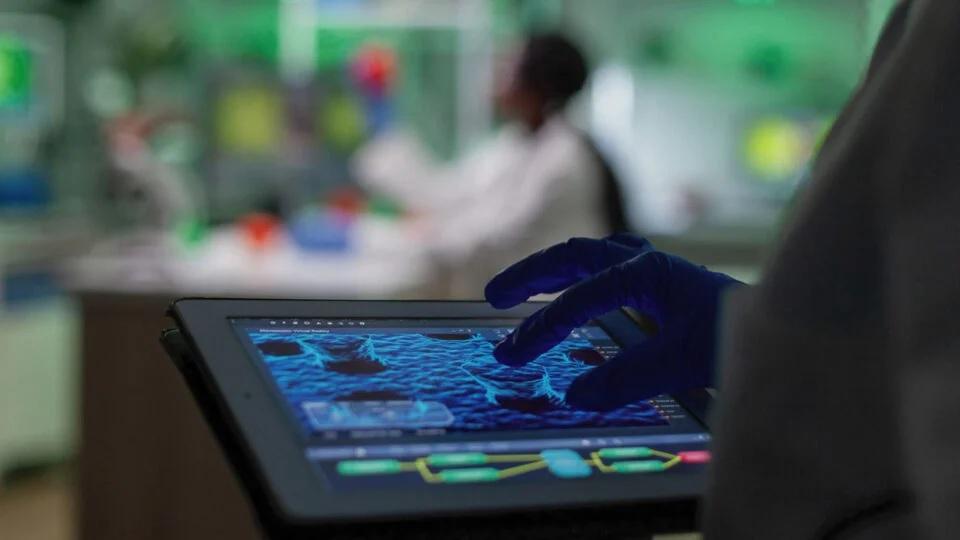Role of Digital Biomarkers and AI/ML in the Future of Healthcare

The healthcare sector is undergoing rapid transformation, driven by a deeper understanding of patient needs and the adoption of cutting-edge technologies. At the forefront of this evolution are digital biomarkers and AI/ML, which serve as critical enablers of next-generation healthcare solutions. This paper examines the historical development, impact, and future trajectory of these technologies to explore how they are reshaping the modern healthcare ecosystem.
The Evolution of Biomarkers in Healthcare
Traditionally, biomarkers have played a crucial role in diagnosing diseases, predicting their progression, and evaluating treatment responses. Conventional biomarkers, such as blood tests and imaging, paved the way for the digital evolution of healthcare.
Digital biomarkers utilize technology for real-time data collection and analysis, offering more dynamic insights into health trends. With the widespread adoption of wearable devices and mobile health apps, digital biomarkers are becoming essential tools in patient care, revolutionizing how health professionals monitor and manage individual well-being.
Understanding Digital Biomarkers: A Comprehensive Approach
Definition and Classification
Digital biomarkers refer to objective, measurable physiological or behavioral data captured through digital tools. These markers can range from simple metrics, like daily step counts, to more complex indicators, such as heart rate variability measured through wearables. Unlike traditional biomarkers, which rely on lab tests, digital biomarkers offer real-time insights into a patient’s health status.
Types of Digital Biomarkers
Wearable Device Biomarkers: Smartwatches and fitness trackers measure activity levels, sleep quality, and heart rate.
Electronic Health Records (EHRs): Incorporating digital biomarkers into EHRs enables long-term tracking, improving care coordination and outcomes.
Mobile Health Applications: These apps monitor health metrics and provide personalized recommendations, fostering greater patient engagement.
Integrating Digital and Traditional Biomarkers
The integration of digital biomarkers with traditional ones, such as genetic data, offers a comprehensive view of patient health. For instance, combining genomic insights with wearable data allows healthcare providers to identify risk factors early, enabling timely interventions and personalized care.
To Know More, Read Full Article @ https://ai-techpark.com/digital-biomarkers-ai-ml/
Related Articles -
Top Five Open-Source Database Management Software
Impact of AI Ethics on C-suites
Trending Category - Mental Health Diagnostics/ Meditation Apps
- Art
- Causes
- Crafts
- Dance
- Drinks
- Film
- Fitness
- Food
- Oyunlar
- Gardening
- Health
- Home
- Literature
- Music
- Networking
- Other
- Party
- Religion
- Shopping
- Sports
- Theater
- Wellness




